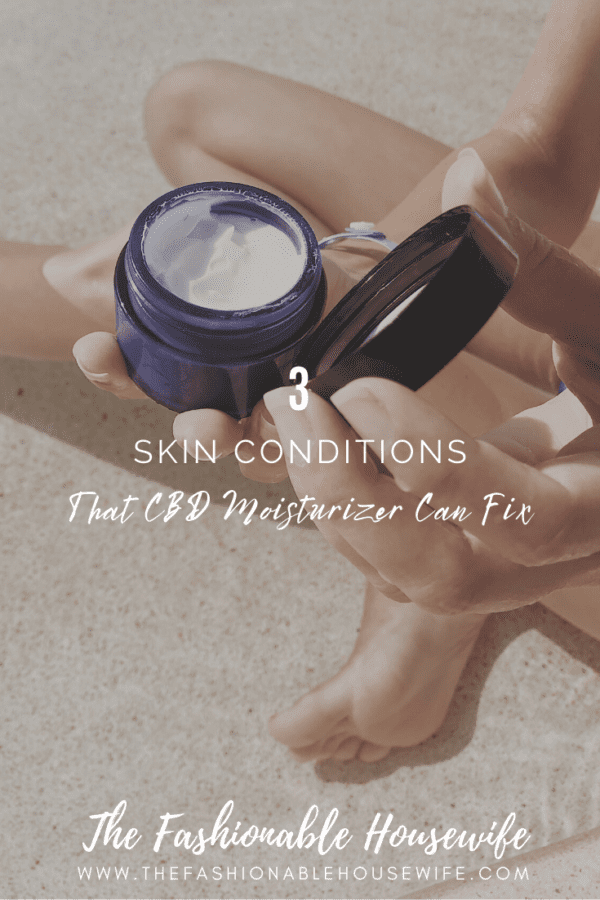
There is no doubt that if you are reading this article, you would have long since heard about CBD and the potential benefits that it possesses. While it is very popular to take CBD to help sleep or battle anxiety, fewer people use it topically on their skin.
CBD has wonderfully powerful soothing properties and can truly work wonders for your skin. Products such as CBD moisturiser, CBD balm, CBD salves, and CBD serums are becoming increasingly popular among skincare connoisseurs around the world – and for good reason!
There are so many different ways in which CBD can battle particular niggling skin conditions, and this article will delve into three in particular. Firstly, let us cover exactly what CBD is, as many can be confused by this.
What is CBD?
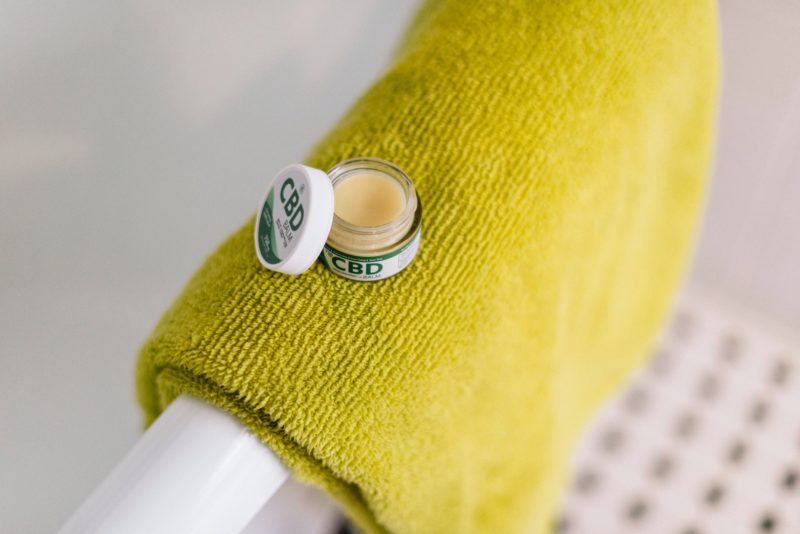
The cannabis plant has an extremely complex molecular make up and years of prohibition have made research incredibly challenging. This said, we are certainly making up for lost time and learning a great deal more about the plant at a rapid rate.
The two compounds that we know most about, and that you have likely heard of, are cannabidiol and tetrahydrocannabinol. CBD and THC for short.
These two are wildly different in their structure and the effects that they elicit.
To begin with, THC is the dominant psychoactive compound found in the cannabis plant. This is responsible for making the user ‘high’ and causing scenes that belong in your stereotypical stoner movies. Red eyes, a lack of common sense and an insatiable appetite.
CBD on the other hand is a non-psychoactive compound. This means that it does not get the user high. At the same time, it still possesses a range of powerful therapeutic and health benefits. This remains the case when used topically.
Let us now delve into 3 specific skin conditions that CBD has the potential to help.
Acne
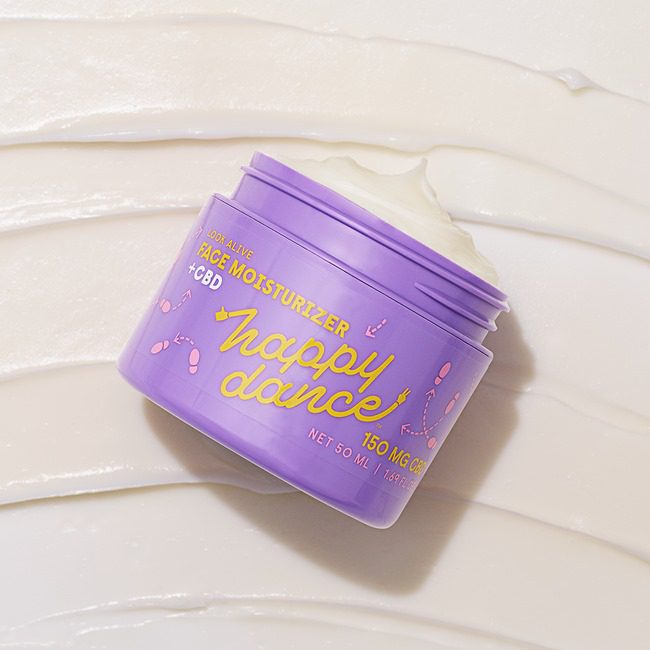
The majority of us will have been plagued by acne at some point in our lives, most likely in those rollercoaster teenage years! Acne occurs when your hair follicles become clogged with oil and dead skin cells. There are number of things that can cause your hair follicles to become clogged, including bacteria, overproduction of androgens and excessive oil secretion.
There are a number of traditional treatments that exist for fighting acne, such as powerful antibiotics, steroids and topical creams. These often come with unwanted side effects that can occasionally be detrimental to your health in the future.
This is where CBD already has an edge. Its side effects are not only low in prevalence but also benign at best. They are typically restricted to mild nausea, slight weight change, and possibly headaches. None of these are long-term, however.
CBD interacts with the CB1 and CB2 receptors in our hair follicles and combats adverse effects, such as inflammation. This means that redness and swelling is reduced and the appearance of acne is diminished.
Furthermore, CBD also regulates cell growth, with helps to maintain healthy skin. It also tackles the root cause by reducing excessive oil secretion. While taking CBD through a variety of methods will help, topical CBD products such as CBD face moisturizer that typically work a lot quicker than CBD oils and CBD capsules.
Eczema and Psoriasis
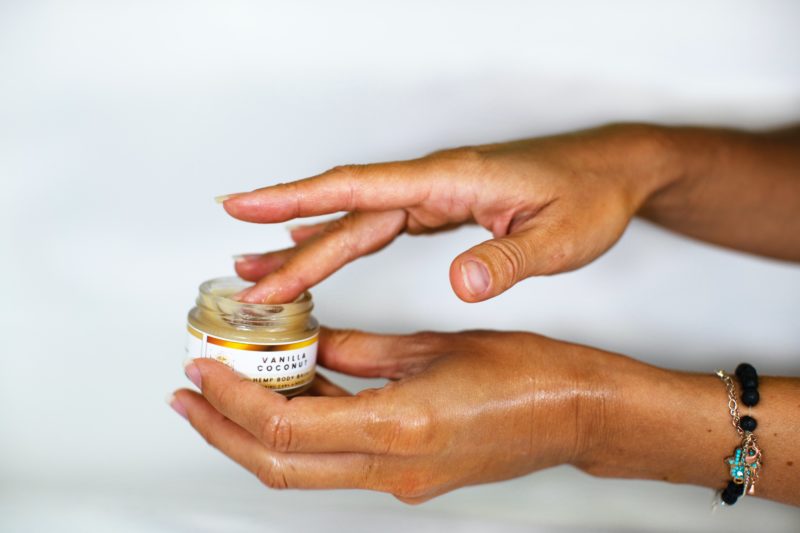
Redness, dryness and itchiness are part of everyday life for those of us who are unlucky enough to have to combat psoriasis. This is an autoimmune disease where skin cells multiply at an excessive rate, resulting in eczema on the skin. This can be incredibly debilitating.
Unfortunately, there is no known cure for psoriasis. However, there are a number of therapies that can be used to calm its symptoms. While there is no doubt that a balanced diet and avoidance of the sun can help improve the severity of symptoms, CBD is quickly becoming the go to remedy for many.
A 2019 study conducted by Tóth et al (Cannabinoid Signaling in the Skin: Therapeutic Potential of the “C(ut)annabinoid” System) found that CBD was useful for combatting dryness and itching in the skin. Early research also shows promising signs in the potential of CBD’s reductive impact on skin cell division.
Anyone who has tried CBD topically will also agree on an anecdotal basis that it has a wonderfully soothing effect on your skin immediately upon application.
Cold Sores
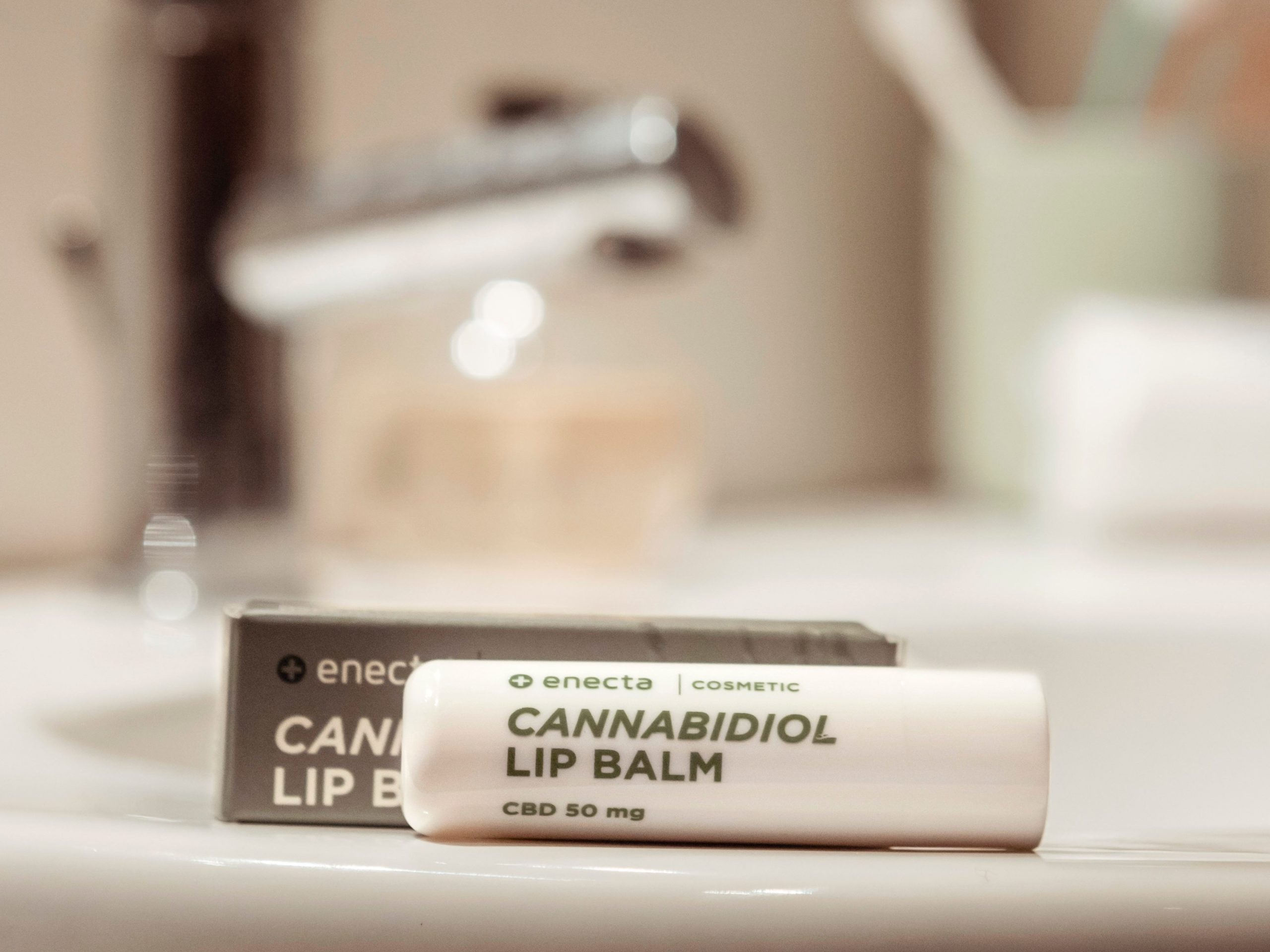
Cold sores are another unsightly condition that can damage our skin. They are caused by the herpes simplex virus (HSV-1) which manifest in the form of blisters around the mouth. They are highly contagious, meaning that they are incredibly common.
Cold sores typically disappear after two to four weeks but the virus remains in the bloodstream much longer and can recur multiple times. Not restricted to their aesthetic impact, cold sores can also cause a fever.
The powerful anti-inflammatory and anti-oxidating properties of CBD have been well documented by now, but early research suggests promising signs that CBD may also possess anti-viral properties.
This means that, while CBD will provide aesthetic improvements in the short term, it also reduces the chances of cold sores recurring in the near future. Due to the proximity of cold sores to the mouth, topical CBD may not be the best answer here. A CBD oil or CBD capsule would likely be your best bet here.
Conclusion
As you will have read throughout this article, there are myriad ways in which CBD can be used to treat particular skin conditions. It is a wonderfully versatile cannabinoid that has the potential to truly revolutionize both the healthcare and skincare industries.
It is important to note that CBD should not be used as one would use an antibiotic. Generally speaking, CBD should be used for a minimum period of 8 weeks in order to experience its full benefits.
Finally, always be sure to check with your doctor or GP before starting to take CBD if you have not used it before. You may also want to seek a Certificate of Analysis (CoA), which is an independent third-party lab report that confirms the exact ingredients of what you are purchasing. This is particularly useful when buying from a new CBD company that you have not used before.



